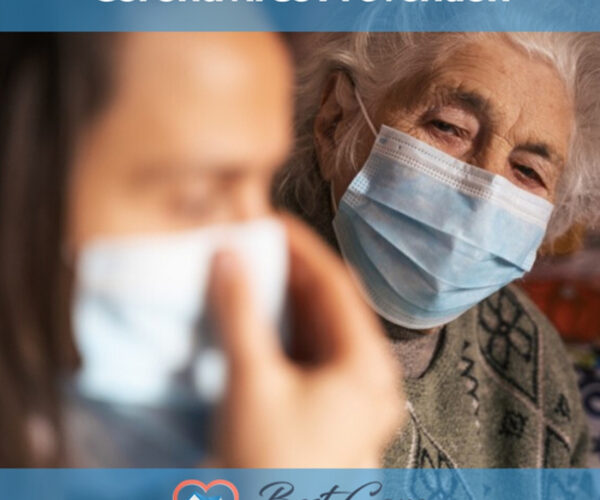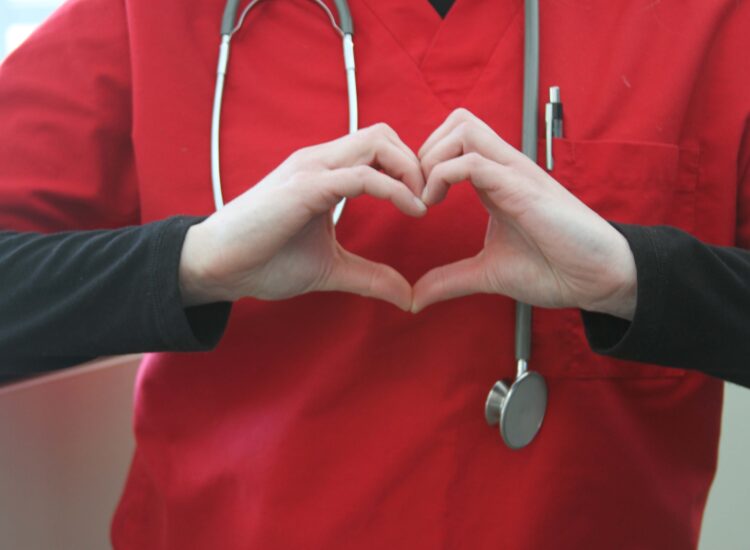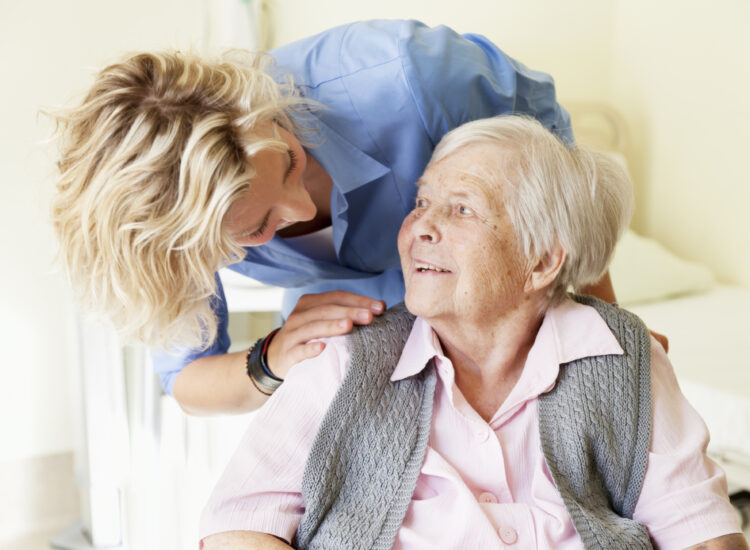BEST CARE wants to help protect our valued senior community. The Coronavirus is very dangerous to this population. In order to keep our seniors and everyone safe it is now recommended we practice “social distancing”, this practice includes keeping away from large crowds or where sick people may go. Of course, this would include hospitals, rehabilitation centers, skilled nurse facilities etc. BEST CARE feels one of the best ways to protect our valued community is to keep them in the safety and controlled environment of their homes, away from the possibility of coming in contact with someone carrying this dangerous virus. We have also continued to pass information to the independent caregivers on how to remain safe and to keep their clients safe. If you or your family need someone in your home to assist with Activities of Daily living, or just to help with daily chores let us help. The caregivers are caring and supportive and will help keep you and your loved ones at home and protected in this scary environment.
Helpful links
https://www.cdc.gov/coronavirus/2019-ncov/specific-groups/high-risk-complications.html
https://www.cdc.gov/coronavirus/2019-ncov/faq.html
Information from the CDC
There is currently no vaccine to prevent coronavirus disease 2019 (COVID-19).
The best way to prevent illness is to avoid being exposed to this virus.
The virus is thought to spread mainly from person-to-person.
– Between people who are in close contact with one another (within about 6 feet).
– Through respiratory droplets produced when an infected person coughs or sneezes.
These droplets can land in the mouths or noses of people who are nearby or possibly be inhaled into the lungs.
Older adults and people who have severe underlying chronic medical conditions like heart or lung disease or diabetes seem to be at higher risk for developing more serious complications from COVID-19 illness. Please consult with your health care provider about additional steps you may be able to take to protect yourself.
Take steps to protect yourself

Clean your hands often
– Wash your hands often with soap and water for at least 20 seconds especially after you have been in a public place, or after blowing your nose, coughing, or sneezing.
– If soap and water are not readily available, use a hand sanitizer that contains at least 60% alcohol. Cover all surfaces of your hands and rub them together until they feel dry.
– Avoid touching your eyes, nose, and mouth with unwashed hands.

Avoid close contact
– Avoid close contact with people who are sick
– Put distance between yourself and other people if COVID-19 is spreading in your community. This is especially important for people who are at higher risk of getting very sick.




